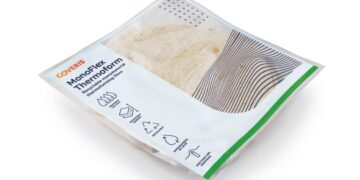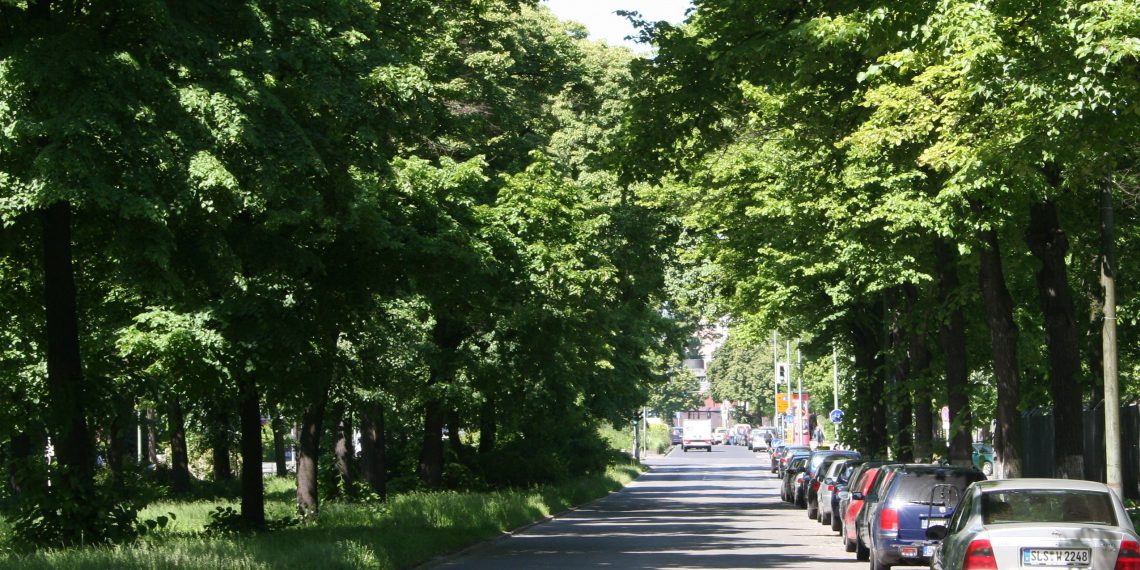The consequences of climate change are already being felt dramatically. This was impressively demonstrated by the floods in North Rhine-Westphalia and the Palatinate region last summer. One thing is clear: floods, inundations and heavy rainfall are increasing in intensity and frequency, as are droughts and hot spells. At the world’s leading trade fair for environmental technologies (IFAT) in Munich starting today (May 30), the Deutsche Bundesstiftung Umwelt (DBU) will be presenting how cities and municipalities can prepare themselves for future catastrophes and promote water-conscious development based on the principle of the so-called sponge city.
In 2021, the German Insurance Association recorded damages of around 12.5 billion euros to houses, household goods, businesses and motor vehicles. Natural hazards had never caused so much damage in Germany since the statistics began, he said.
“The climate crisis makes adjustments and strategies for smart water management in populated areas urgently necessary. Preventive flood protection must be thought together with water retention in the city.”
- Alexander Bonde, DBU Secretary General
The basic idea: to prevent flood damage as well as to retain water, store it temporarily and release it again during heat and drought. Tomorrow, May 31, at the IFAT Forum from 3 to 3:45 p.m., the DBU, together with the Center for Climate Adaptation of the German Institute of Urban Affairs (difu) and the engineering company Prof. Dr. Sieker, will provide insights into water-conscious urban development based on the principle of the sponge city: a concept in which rainwater in cities is absorbed and stored locally instead of being discharged. The DBU booth at IFAT will also feature the following best-practice projects.
Tips for municipal flood prevention
To support cities and municipalities in municipal flood prevention, the DBU funded difu’s “Planners in Dialog” project. Selected municipalities received concrete tips on how they can introduce and optimize structures, processes and methods to better protect themselves against damage caused by heavy rain. The DBU will be showing more about this together with the Center for Climate Adaptation at the trade fair stand.
Water-conscious urban development
Instead of diverting rainwater from residential areas, increasing emphasis is being placed on its infiltration, capture and retention. Experts from the engineering company will be demonstrating at the DBU stand at IFAT how the condition of the sewage network can be monitored using a sensor platform, for example, to pump out the water during heavy rainfall and prevent water bodies from overflowing.
Green sponge city
In a residential neighborhood in Mannheim, wastewater from showers, bathtubs and sink units that is only slightly contaminated is collected, treated and reused as so-called service water for toilet flushing and washing machines. The surplus service water is to supply the green spaces and trees around the residential complex with water on a permanent basis via an integrated irrigation system.
SmartCity sensor for moisture monitoring
Trees play an essential role in the climate and quality of life in the city. But water shortages are making planting them increasingly difficult. Whether enough water is getting to the roots can be checked by a system for professional moisture monitoring of street trees and urban greenery. It is optimized for current SmartCity concepts, which use digitalization to make cities more efficient, sustainable and progressive.
Tree roots and district heating lines
Another problem: Tree roots and underground pipelines, for example for district heating, can affect each other due to the limited space in the urban soil. At the DBU booth, visitors can find out what options are available to protect the pipeline trench from root ingrowth.

















